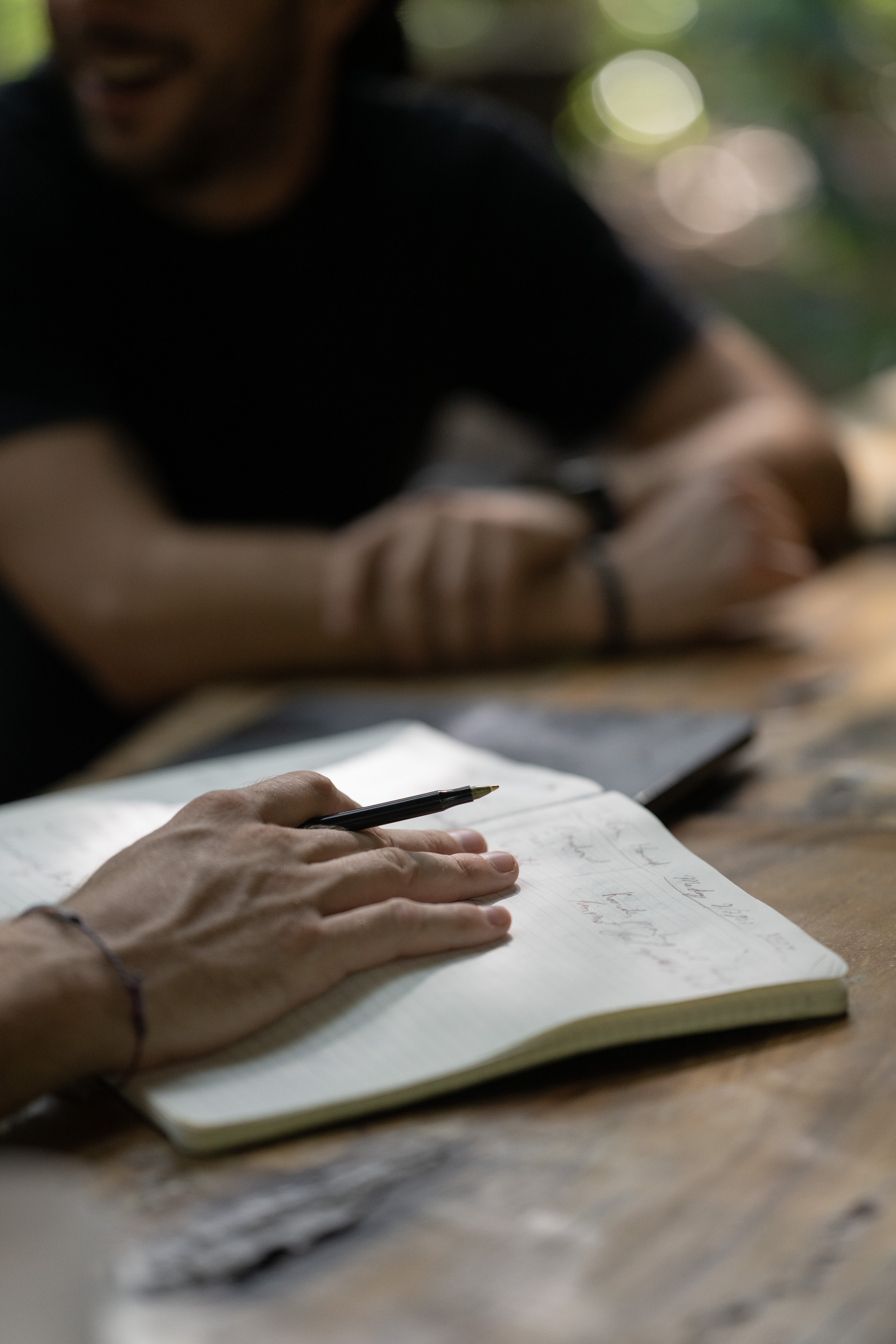Apathy

CURRENTLY LISTENING TO
“Frozen Pines” Lord Huron
One time in college, I found myself at home for Thanksgiving, nestled comfortably under the covers of my bed in my parents house. (Just to be clear it was the laundry room because when I went to College my parents moved and I think we’re just happy I was out of the house.) The clock struck 4 pm, and there I was, still wrapped in the cocoon of my blankets, my eyes barely fluttering open. No, I wasn’t sick, nor was I exhausted from pulling an all-nighter cramming for finals. I hadn’t stayed up late, lost in the pages of my favorite book. The truth was simpler, and perhaps more relatable than I’d like to admit—I was bored and didn’t know what to do. I had things I could do/needed to do but I couldn’t find the motivation.
In the absence of a compelling reason to rise, I chose to sleep, to escape the dull hum of a day with no direction. This wasn’t a one-off occurrence; it was a pattern that I’d fallen into. Whenever I was overwhelmed, unsure of where to start or what to do next, I found solace in the comfort of my bed, letting the mornings slip away into afternoons.
This experience, this tendency to retreat into sleep, followed me like a shadow through my twenties. When boredom struck, when the weight of the world seemed too much, or when confusion clouded my thoughts, my reaction was consistent—I delayed. Procrastination became my companion, and sleep was its enabler.
As social media grew and embedded itself into the fabric of daily life, I found a new way to waste the hours. An extra hour of sleep was easily traded for an hour of mindlessly scrolling through Instagram. The endless feed of images and videos was a perfect distraction, a way to pass the time without confronting the tasks I needed to address. And so, as the cycle went, with each minute spent on social media, I had less time to accomplish what was necessary, alleviating the pressure and stress by simply kicking the can down the road.
Fast forward to today. There I was, experiencing a familiar sensation. My partner, Kadie, was away on a work trip, and I was left to my own devices. The previous night had extended a bit later than usual, as I dined with her father and brothers. Waking up after a restful night’s sleep with no particular plan, I once again found myself defaulting to old habits, delaying the start of my day.
Forty-five minutes vanished as I lay there, absorbed in an endless stream of surfing videos on Instagram. By the time I decided to get moving, I was already feeling the consequences of my inaction. I felt behind, rushed, and, frankly, lazy. With travel plans for the day and a desire to squeeze in a workout, the morning’s procrastination had set a frustrating tone.
Life’s little moments, so seemingly inconsequential, can have a profound impact. That split-second decision to open Instagram and let 45 minutes slip away robbed me of the time I needed for exercise, leading to a buildup of anxious energy. This energy would only compound during a 3.5-hour drive, culminating in my arrival at a friend’s house feeling frazzled and disconnected after a year apart. I probably won’t sleep well as a result meaning I’ll be tired tomorrow and return to my old consuming friend, instagram.
The impact of these choices doesn’t end with a single day. It becomes a cycle, a pattern that repeats itself, each decision influenced by the one before. I could trace it back, step by step, to where it all began. The late dinner with Kadie’s family, the round of golf with her brother, the work tasks that pushed my schedule later into the evening—all of these moments were interconnected, each one a domino in the chain of my day.
Recognizing this pattern, I’ve come to understand the importance of those little moments. I’ve learned that I “play well with confidence”. When I’m in a rhythm, maintaining healthy habits in eating, exercise, and relationships, I’m motivated and can easily sustain those habits. But when something disrupts that rhythm, it’s all too easy for everything to unravel. What I’ve come to learn is that there will always be disruptions. That’s the most consistent reality of life. It will change, therefore my idealist structure, schedule, and forward progress will always be impacted one way or another.
That’s where the power of choice becomes critical. I’ve had to teach myself to adopt a new default response. In the face of apathy and procrastination, the most important decision is the one to take action—to get up and get started, even if the path isn’t clear, even if the outcome is uncertain. It’s about trusting that forward momentum will lead to better things, that the act of moving is beneficial beyond the fleeting feelings of tiredness or indifference.
Finding a ritual that works for you is key. It could be as simple as making the bed, taking a brisk walk, basking in the sun for a minute, or bracing yourself with a cold shower. It might mean setting your alarm across the room to force yourself out of bed, preparing yourself breakfast, or making plans with a friend who will be pissed if you don’t show. Whatever it is, it’s about taking that first step, no matter how small.
If you’ve ever felt the grip of apathy, if you’ve struggled to find the motivation to move forward, know that you’re not alone. I’ve been there, and I’ll likely be there again this week! But each time, I remind myself to lean into the discomfort and choose what’s good for me in the long run. We are not defined by a single moment of apathy; we are complex beings with a wealth of gifts.
Life doesn’t just happen to us; we have the power to choose, and that is a gift. So, set yourself up for success by taking a step—any step—toward progress. Remember, progress is progress, no matter how incremental. Embrace the journey with all its little moments and the profound impact they hold. Onward!
Kindly, Addison
close X
“I started working with Addison and at a time when I felt pretty anxious and helpless. Since working with him, I’ve been rebuilding myself from the ground up. I feel completely different now than I did prior to working with him. One of my favorite things about working with Addison was the challenges he’d give me to tackle during the week. These were mostly small and simple challenges, but they served as building blocks that really gave me momentum to help put myself back together.”
